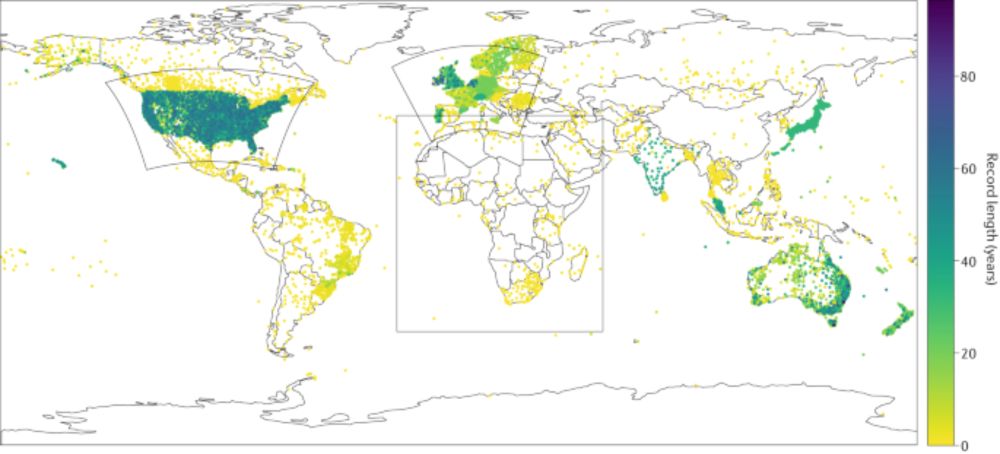We're updating the story.
We're updating the story.
Eine der peinlichsten Figuren, die sich die Grünen jemals geleistet haben.
Eine der peinlichsten Figuren, die sich die Grünen jemals geleistet haben.
"Both short-duration and long-duration (>1 day) rainfall extremes are intensifying with warming at a rate consistent with the increase in atmospheric moisture" (~7% per degree C), but some local convective rainfall events increase even more. 5/5

"Both short-duration and long-duration (>1 day) rainfall extremes are intensifying with warming at a rate consistent with the increase in atmospheric moisture" (~7% per degree C), but some local convective rainfall events increase even more. 5/5
Why doesn't that apply to annual rainfall totals? Because those are ruled by different physics: evaporation. 3/5
Why doesn't that apply to annual rainfall totals? Because those are ruled by different physics: evaporation. 3/5
That is because warmer air can hold more moisture (Clausius-Clapeyron law). 2/5

That is because warmer air can hold more moisture (Clausius-Clapeyron law). 2/5

